The 4 Types of Electric Vehicles and How to Charge Them
EV Connect
JUNE 25, 2024
Battery Electric Vehicle (BEV) Also known as “all-electric vehicles”, BEVs are powered and fueled by electricity only. The “fuel” comes from your domestic electricity supply or a commercial EV station, and the drivetrain is 100% battery-powered. The cost of BEVs can range from $30,000 - $100,000.

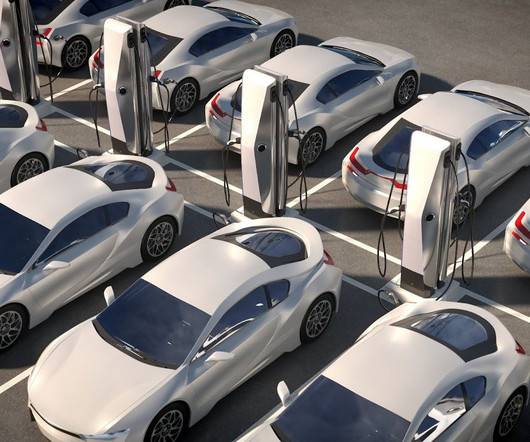

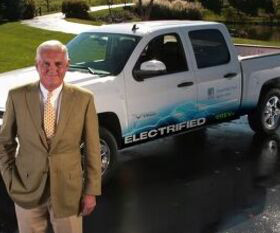

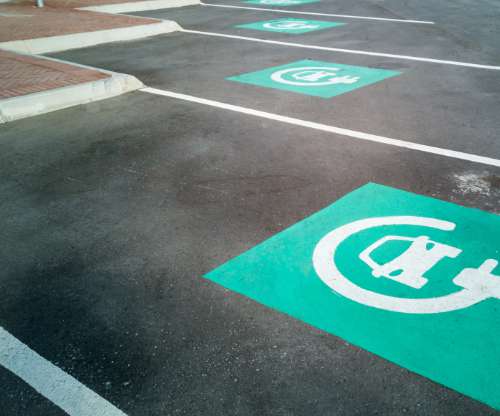
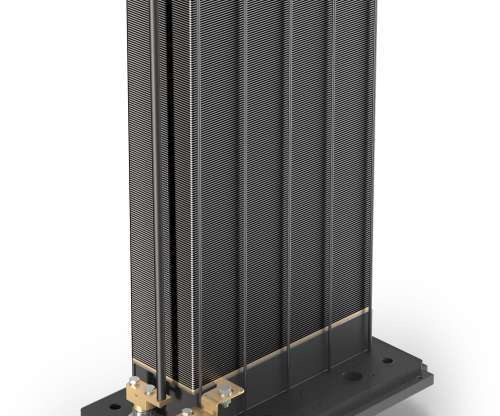

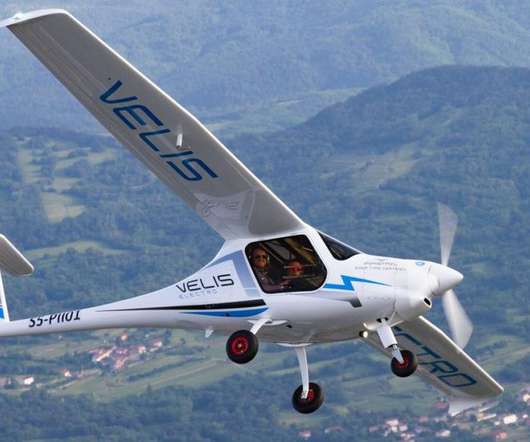
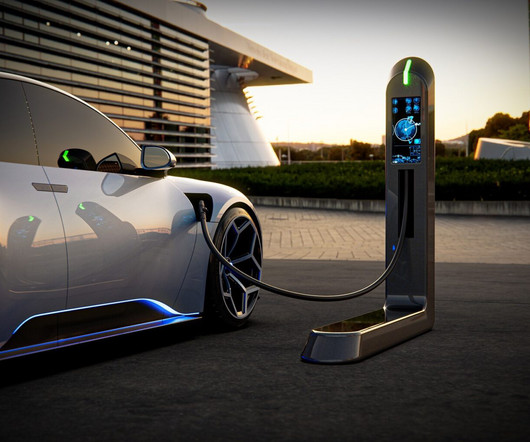




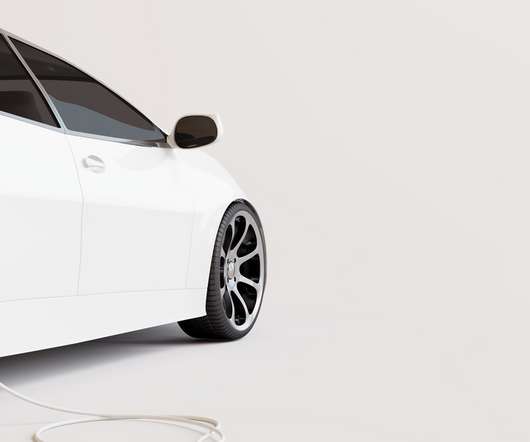



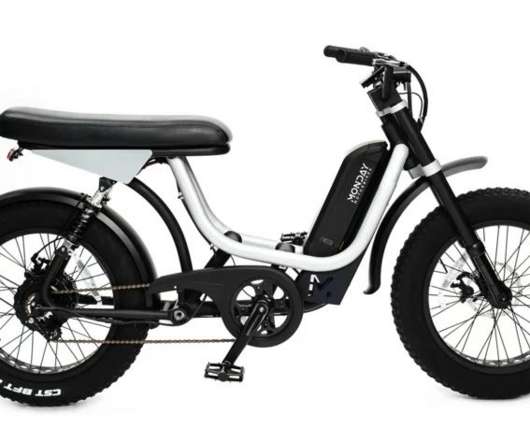

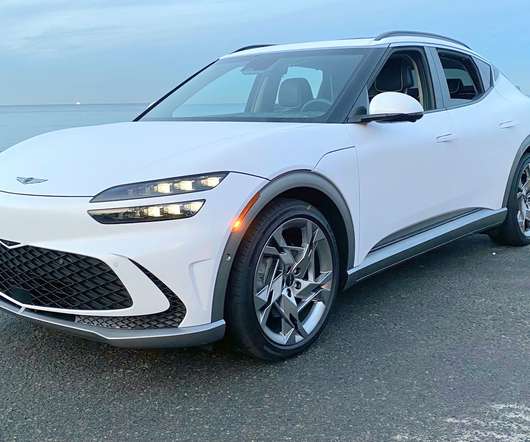

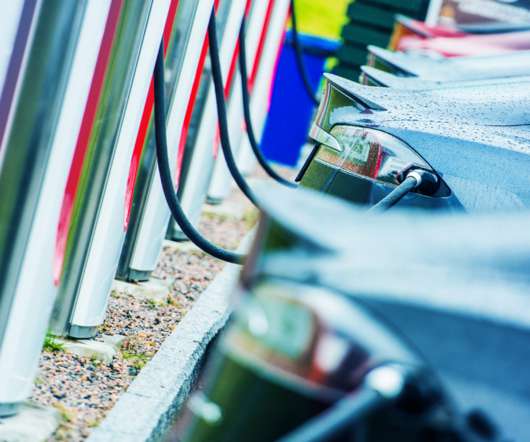







Let's personalize your content